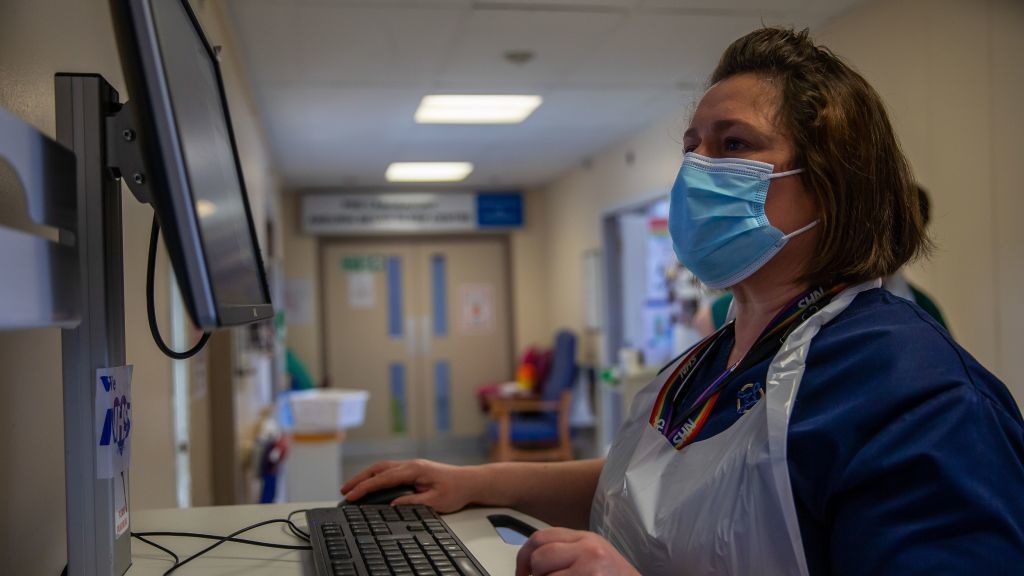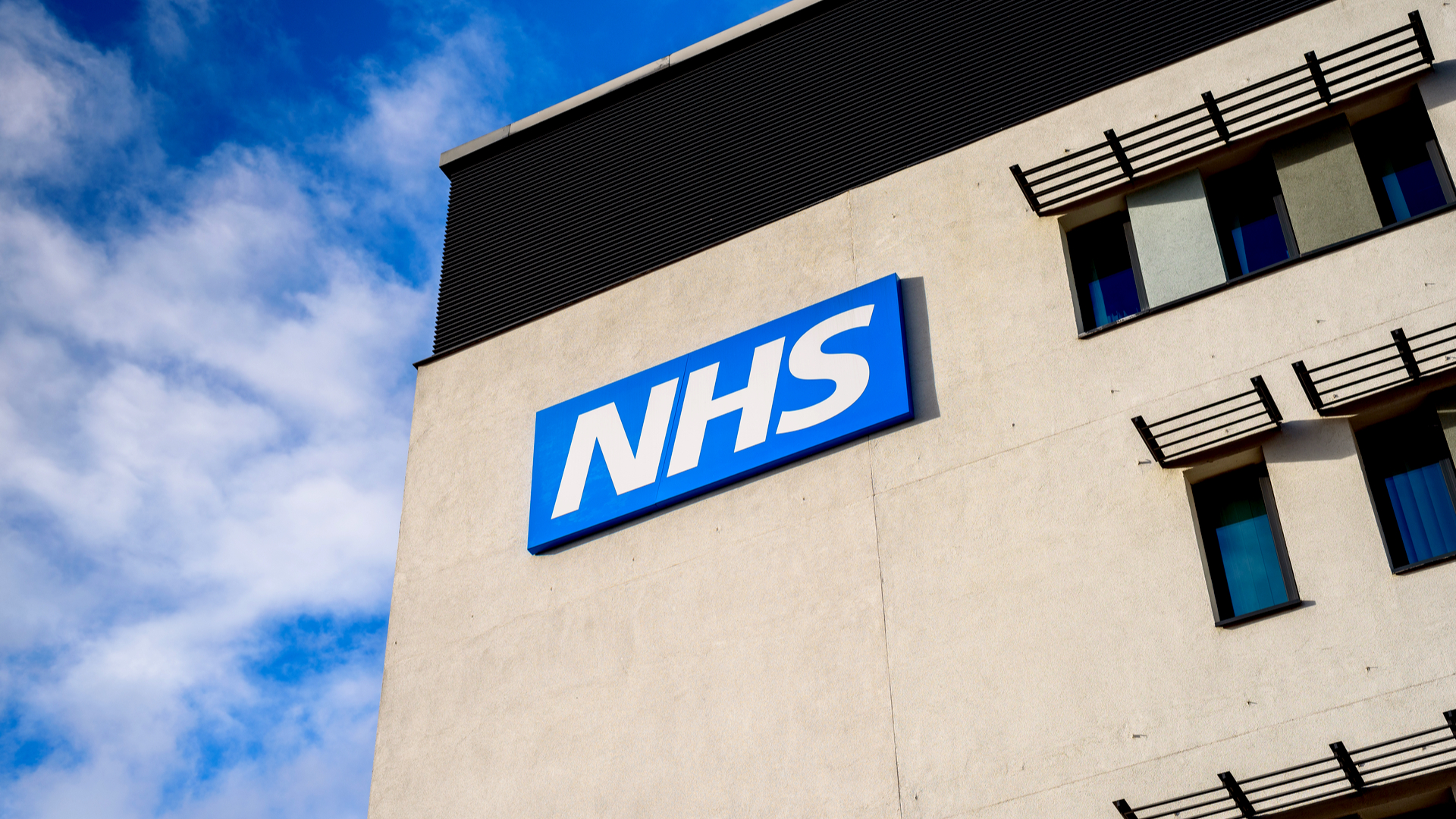ICO raps five NHS trusts over data losses
The Information Commissioner's Office has warned another five trusts to clean up their data practices.


The Information Commissioner's Office (ICO) has repeated its calls for the NHS to sort out its data handling, issuing warnings to five trusts after breaches.
The warnings come after a pair of NHS data breaches earlier this year, and a letter from the information commissioner to the Department of Health citing his concerns with the health service's data control.
The five new incidents are classic data breaches - lost USB sticks, stolen laptops, documents left on public transport.
Surrey and Sussex NHS trust not only had two unencrypted laptops stolen, but an employee also left a sheet containing data on 23 patients on a bus.
The Royal Free Hampstead NHS Trust lost an unencrypted disk that it thinks had medical details on 20,000 patients - but it's not entirely sure what was on the disk.
An unencrypted USB stick with data on 143 patients was stolen from an office of the Chelsea and Westminster Hospital Foundation Trust, while a laptop stolen from the Hampshire Partnership Trust held unencrypted data on 349 patients and 258 staff.
Last, Epsom and St Helier University Hospital NHS Foundation Trust was told off for insecurely storing records.
Get the ITPro daily newsletter
Sign up today and you will receive a free copy of our Future Focus 2025 report - the leading guidance on AI, cybersecurity and other IT challenges as per 700+ senior executives
All of the trusts have promised the ICO they will shape up their data protection by locking offices, encrypting devices and training staff.
Sally-Anne Poole, head of enforcement and investigations at the ICO, said in a statement that the five cases should serve as a reminder to NHS bodies to keep patient data safe.
"Data protection must be a matter of good corporate governance and executive teams must ensure they have the right procedures in place to properly protect the personal information entrusted to them," she said in a statement.
"Failure to do so could result in patient information, including sensitive medical records and treatment details falling into the wrong hands."
The ICO has called on hospitals to encrypt their data - read here to find out how one NHS body managed to do it.
Freelance journalist Nicole Kobie first started writing for ITPro in 2007, with bylines in New Scientist, Wired, PC Pro and many more.
Nicole the author of a book about the history of technology, The Long History of the Future.
-
 Should AI PCs be part of your next hardware refresh?
Should AI PCs be part of your next hardware refresh?AI PCs are fast becoming a business staple and a surefire way to future-proof your business
By Bobby Hellard Published
-
 Westcon-Comstor and Vectra AI launch brace of new channel initiatives
Westcon-Comstor and Vectra AI launch brace of new channel initiativesNews Westcon-Comstor and Vectra AI have announced the launch of two new channel growth initiatives focused on the managed security service provider (MSSP) space and AWS Marketplace.
By Daniel Todd Published
-
 NHS leaders are keen to adopt new digital tools, but IT can't solve problems on its own
NHS leaders are keen to adopt new digital tools, but IT can't solve problems on its ownA survey of healthcare decision-makers finds they believe IoT devices and electronic health recording could help them reach more patients quicker
By Emma Woollacott Published
-
 How a paperless approach cut wasted staff hours at Bradford Teaching Hospitals Trust
How a paperless approach cut wasted staff hours at Bradford Teaching Hospitals TrustCase study Through DrDoctor’s digital portal for patient appointments and advice, the Rheumatology team at Bradford Teaching Hospitals NHS Foundation Trust has dramatically cut
By Peter Ray Allison Published
-
 Healthcare’s next chapter
Healthcare’s next chapterwhitepaper Revolutionizing how you care with EPR experts you can trust
By ITPro Published
-
 How digital experience management helped an NHS trust improve productivity
How digital experience management helped an NHS trust improve productivityCase study Princess Alexandra Hospital NHS Trust used digital experience management to cut device failure and restore time to clinicians
By Rene Millman Published
-
 Will the NHS Federated Data Platform transform UK healthcare?
Will the NHS Federated Data Platform transform UK healthcare?In-depth Plans to create a data platform in partnership with the private sector could revolutionize NHS treatment, but concerns over data privacy and security are festering
By Jonathan Weinberg Published
-
 NHS IT issues costing doctors more than 13 million hours annually
NHS IT issues costing doctors more than 13 million hours annuallyNews Doctors warn that ageing IT infrastructure is impacting patient care and clinical outcomes
By Ross Kelly Published
-
 Automation is helping the NHS clear its patient backlog, but not as quickly as expected
Automation is helping the NHS clear its patient backlog, but not as quickly as expectedAnalysis The healthcare service's big bet on robotic process automation is making 'impactful' but slow progress
By Connor Jones Published
-
 DHSC sets out ambitious targets for NHS App by 2023, beyond
DHSC sets out ambitious targets for NHS App by 2023, beyondNews Ongoing NHS digitisation efforts will form backbone of the new system
By Rory Bathgate Published